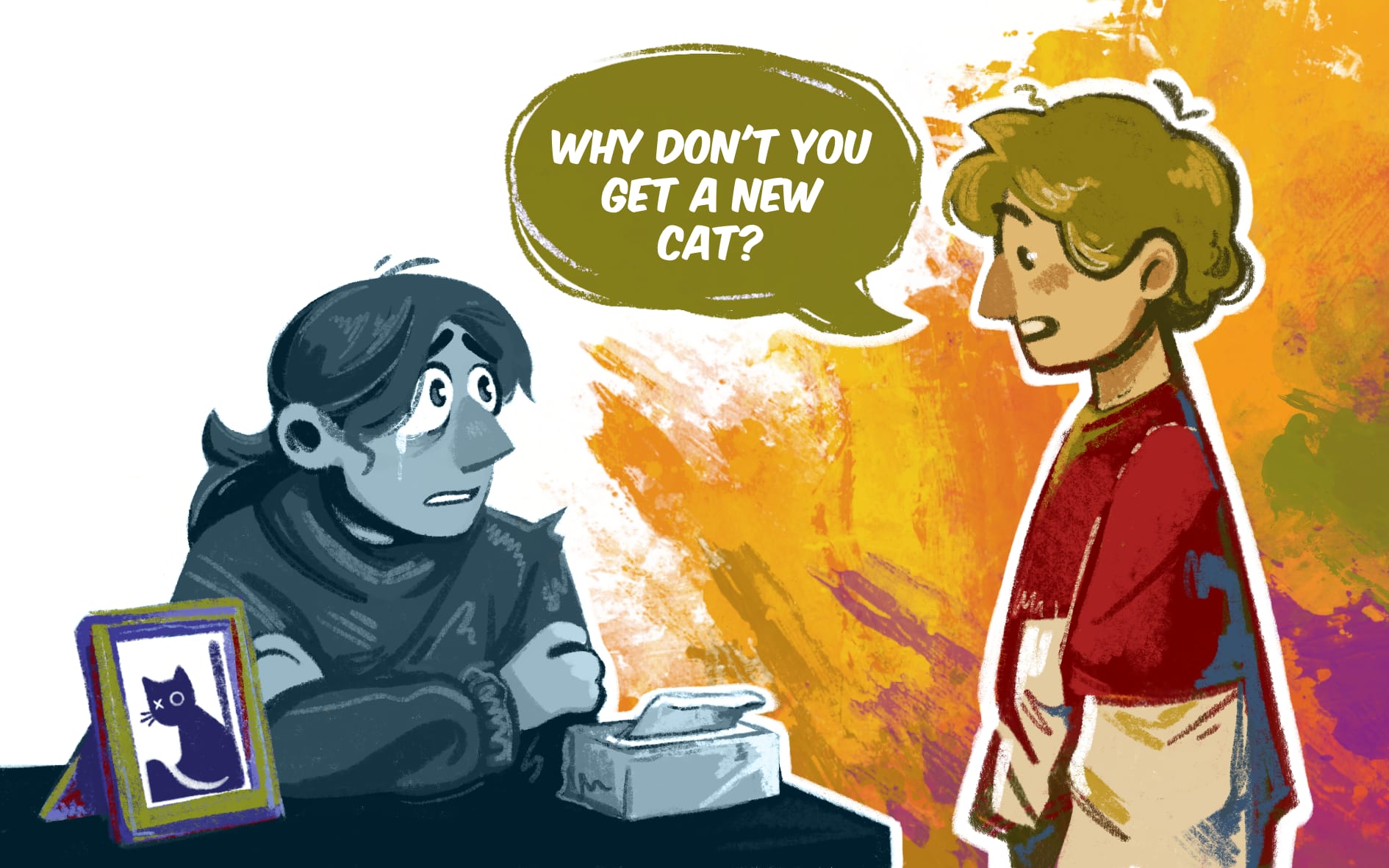
How to Overcome Missed Opportunities
Second-year Psychology students participating in the University Honours College follow a workshop on Blogging Science, in which they learn to communicate science to the general public by means of informing, giving an opinion, and relating science to issues in society. A selection of these blog posts is published on Mindwise. Today’s post is by Dona Beshka.
John thinks he is an average guy, but he has a lot of potential. Once he graduated from high-school, John received a scholarship to go to an Ivy League university. However, this opportunity intimidated him and so he enrolled in his second-choice University instead.
“Students at Ivy League universities are too competitive, I would never make it.”, John explained.
Later, when thinking of his job-prospects he considered opening a small start-up business. Yet, upon long deliberation he decided that perhaps he might not succeed in the start-up, so he applied for a stable job in a firm that was recommended to him.
“The start-up idea was too risky.” he repeated.
Time after time, John’s fear of losing, in psychology known as loss aversion, stopped him from making choices that could have taken him far in life. And unfortunately, this phenomenon is not limited to John. It affects all of us in one way or another.
Loss aversion is one major problem entrepreneurs deal with. For every entrepreneur who fails there are probably a dozen that have been too afraid to try. So why does this happen? Intuitively, we all know that people like winning more than losing. Yet, it is puzzling why it hurts us more to lose than it pleases us to win. Fortunately, this can be explained by a concept from the prospect theory known as loss aversion bias. It implies that losses have a greater negative value than gains have a positive value and therefore, people hate losing more than they like winning (Kahneman & Tversky, 1979).
This thought is simple to grasp if we imagine it through the metaphor of the safe bubble. Imagine sitting in a bubble that protects you from the outside world, but that may burst if you try to exit. This fear of bursting the bubble that has kept you comfortable your whole life, will keep you trapped in there forever. The same thing occurs with loss aversion. Losses have greater negative value thus, in order to avoid losing we stay inside our bubble where we are comfortable and safe. But, when we stay inside our safe bubble and never exit, we may never truly experience the possible gains that are out there in the scary, yet exhilarating world. Hence, it is clear why people are highly averse to losing and will go to all ends to prevent it from occurring, going so far as to sacrifice a possible gain to avoid a potential loss, as John did.
John’s fear of failure led him to stay in his safe bubble and prevented him from gaining new life achievements.
According to Kahneman and Tversky (1979), loss aversion is evident in everyday scenarios. For example, a gain of 30€ has a smaller positive value while a loss of 30€ has a greater negative value. Loss aversion bias has also been confirmed in areas such as investment. Investors decide to keep their stocks although they are losing, in fear of losing even more; they take the risk of not selling in order to avoid a loss. They would even go so far as giving up a potential gain in order to prevent a loss, a phenomenon called the disposition effect (Shefrin & Statman, 1985).
Considering the persistence of loss aversion, you may ask yourself how to avoid falling prey to its detrimental effects when starting a business idea. One line of research is based on the underlying theory that due to the fact that we have a less intense emotional response regarding future reward than current reward, we are more rational when thinking ahead (Cheng & He, 2017). Thus, individuals that make decisions for their future self, employ lower emotional intensity in planning and are less prone to the loss aversion bias. A great amount of research is needed to substantiate the robustness of this theory, however, it’s worth a try. Hence, one useful tip for new entrepreneurs who are too afraid of the possible failure of their new ideas is to create a coherent plan that takes into consideration the possible risks, prior to starting. This is very straightforward, yet highly important because most of us find that we are more likely to fail when we plan insufficiently.
Finally, shift your focus away from a single failure and think of the overall possibility of success. One failure may feel like a major setback, but for every failure there might be more wins that you are foreseeing! To be quite frank, losing is inevitable and sometimes initial plans fail. If you protect yourself by always having a back-up plan, you minimize the potential costs of losing which will preserve your motivation for future endeavors. So prepare yourself well to get out of your safe bubble and go chasing new bubbles instead!
References
Cheng, Q., & He, G. (2017). Deciding for future selves reduces loss aversion. Frontiers in Psychology, 8. doi:10.3389/fpsyg.2017.01644
Kahneman, D., & Tversky, A. (1979). Prospect Theory: An Analysis of Decision under Risk. Econometrica, 47(2), 263. doi:10.2307/1914185
Shefrin, H., & Statman, M. (1985). The Disposition to Sell Winners Too Early and Ride Losers Too Long: Theory and Evidence. The Journal of Finance, 40(3), 777–790. doi: 10.1111/j.1540-6261.1985.tb05002.x
Image credits: original picture from Flickr created by p.v. (all creative commons license).



